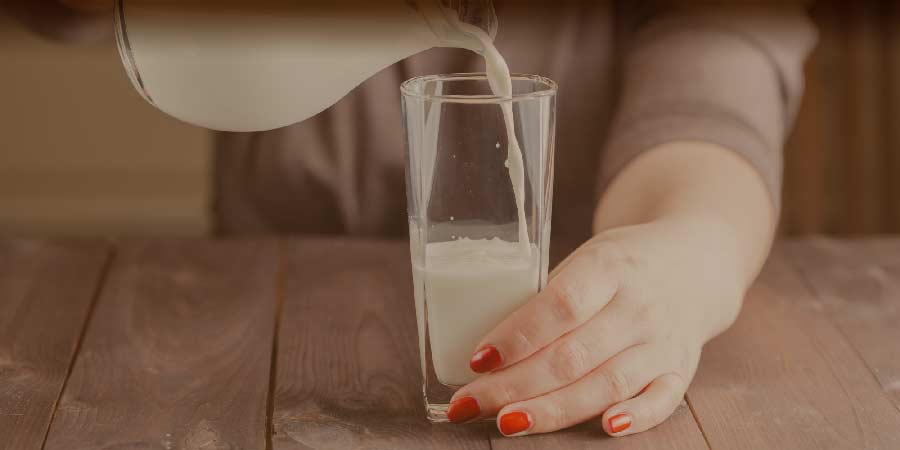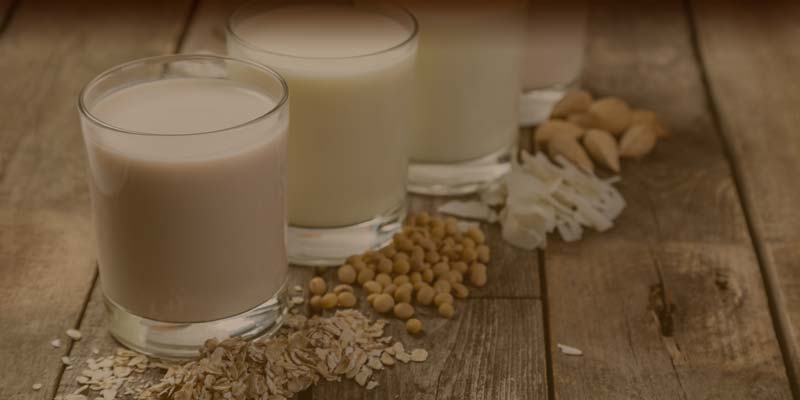Dairy products like milk, cheese and yogurt contain many nutrients. But nature has packaged these nutrients together in a unique combination and way that allows them to work together so our bodies get the absolute best from them.
Health experts call this the ‘Food Matrix’ – and it’s what sets some foods like dairy products apart from others that offer similar nutrients or are fortified with them.
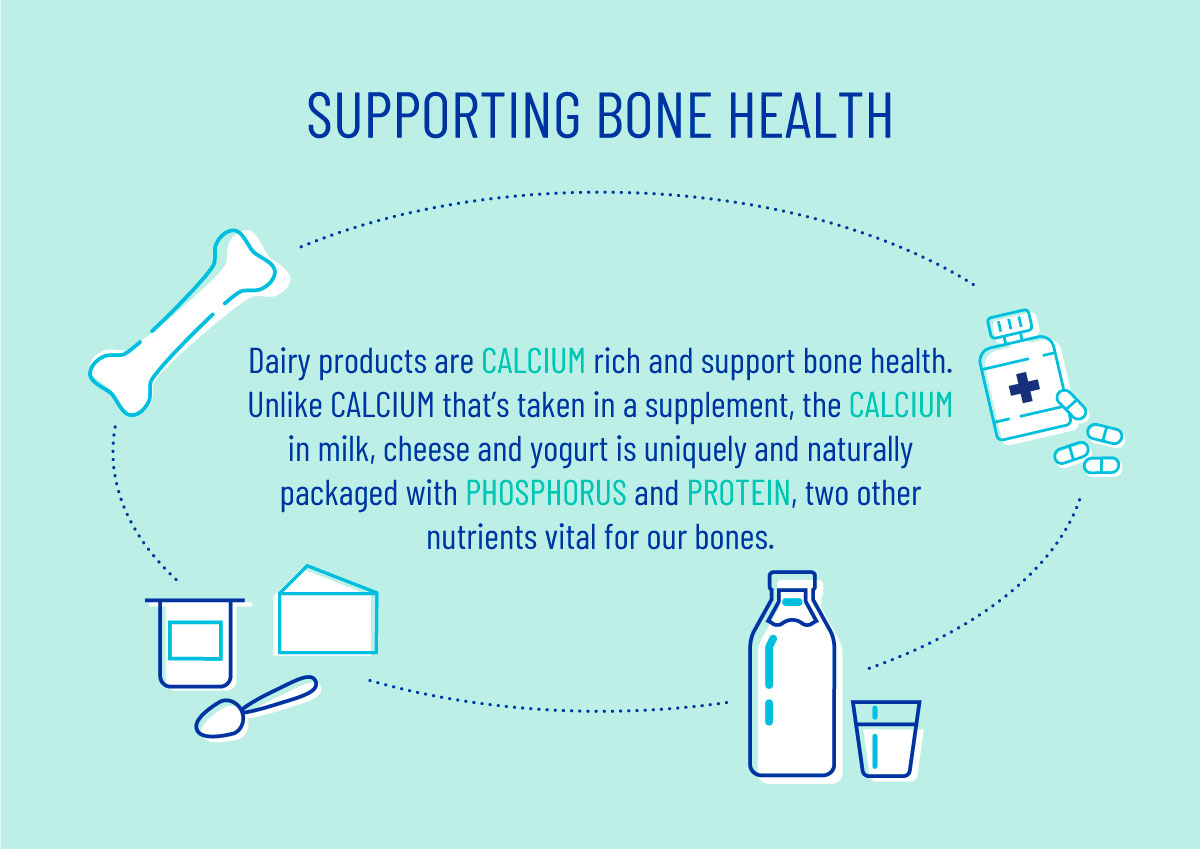
The Dairy Matrix… explained
To understand the Dairy Matrix, imagine dairy products are like a jigsaw where all the different nutrients are separate puzzle pieces. Just as each piece is an important part of the puzzle, so too are the individual nutrients in dairy products. But when all the puzzle pieces are linked together in a specific way in the jigsaw, the finished picture is far more impressive than any of the individual pieces. Similarly, when all the different nutrients are linked together specifically in dairy products, they seem to have a greater impact on our health than supplements that don’t have the same unique make-up as dairy.
Take our bones, for example. Dairy products are calcium rich foods, which support bone health. But unlike calcium that’s taken in a supplement, the calcium in milk, cheese and yogurt is uniquely and naturally packaged with phosphorus and protein, two other nutrients vital for our bones. The Dairy Matrix may also explain why sometimes we see health benefits with dairy products that go beyond what we’d expect to see with individual nutrients. Studies, for example, suggest the calcium in dairy products have a greater impact on bone strength than calcium supplied in the form of supplements.
The dairy matrix also seems to benefit how our bodies digest and use nutrients. While some plant foods contain calcium, they also contain substances often called plant acids that bind to the calcium and make it less accessible to our bodies. In contrast, the calcium found in dairy products is more easily absorbed. A varied and balanced diet with plenty of fruits and vegetables, starchy carbohydrates and some animal source foods should be able to provide all of the nutrients we need from food.
‘Spinach, dried fruits, beans, seeds and nuts are not good sources of calcium. This is because they contain oxalates and/or phytates which reduce how much calcium your body can absorb from them. You should not rely on them as your main sources of calcium.’
British Dietetic Association
Quite simply, the benefits of milk and dairy mean they dairy products offer a delicious and versatile package of nutrients. And let’s face it, why would you want to pop a pill to get your nutrients when dairy products are so convenient, versatile and delicious?
BENEFICIAL FOR BRAINS
Looking after our health has never been more important so it’s great to know that dairy products provide several nutrients that are good for our brain.
One of these is iodine, which is vital for cognitive function – all the mental activities that affect our attention, memory and language, as well as our ability to think, make decisions and solve problems. In fact, dairy products are the main supplier of iodine in our diet – more than half of the iodine in the diets of primary-aged children comes from dairy, 40% in secondary school and college aged children, and around a third in adults.
Many of us still fail to get enough though. Almost one in four teenagers and one in 10 working age adults have very low intakes of iodine so are at risk of becoming deficient in this nutrient.
“If you have an iodine deficiency during pregnancy, there may be effects on the baby’s brain development, which could lead to problems such as lower IQ or reading ability in later life.”
British Dietetic Association
How much iodine do I need?
The Reference Intake or Nutrient Reference Value for iodine – the amount recommended for a day – is 150mcg. Enjoying milk and yogurt every day can make a big contribution to this.
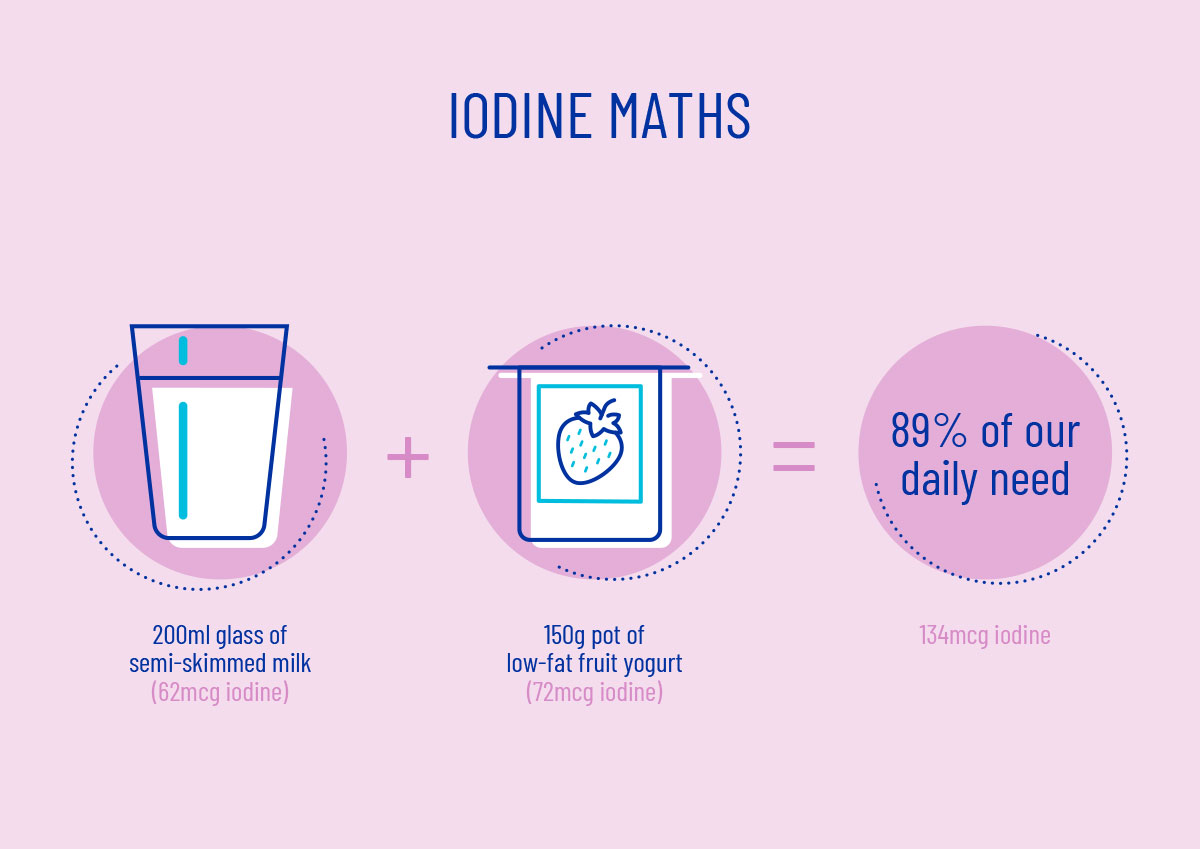
B for the brain
Beyond iodine, dairy products also supply a couple of B vitamins that are important for our mind.
- Milk supplies vitamin B5 (pantothenic acid), which is needed for normal mental performance – a 200ml glass of semi-skimmed milk provides almost a quarter (23%) of our daily needs.
- Milk, cheese and yogurt also provide vitamin B12. This B vitamin aids normal psychological function – in other words, our emotions, behaviour, ability to be social and our overall mental health. Vitamin B12 is only found naturally in animal products so milk, cheese and yogurt make an important contribution to intakes of this nutrient for those following a vegetarian diet.
Milk is a particularly good choice for meeting our vitamin B12 needs
Just ½ pint semi-skimmed milk = daily fix of vitamin B12
[Background info:
284ml semi-skimmed milk = 2.56mcg vit B12
NRV for vit B12 = 2.5mcg]
IMPORTANT FOR IMMUNITY
Making sure our immune system functions properly has never been more important than right now. It helps to protect us from, and fight off, unwanted bacteria and viruses that can cause colds, coughs and infections. A variety of different vitamins and minerals play a part in keeping our immune system working at its very best and two of these – vitamin A and vitamin B12 – are found in milk and dairy products.
A big cheese!
Hard cheese contains vitamin A, which helps to maintain normal immune function. However, around one in 10 adults and 18% of 11 to 18 year olds have very low intakes of vitamin A, and so are at risk of a deficiency.
B aware
Vitamin B12 is another nutrient that supports our immune function – and all dairy products contain this. On food labels you may see the Reference Intake or Nutrient Reference Value for vitamin B12 is 2.5mcg vitamin B12 – this is the amount that’s recommended for a day. Milk is an especially great choice of vitamin B12. Combine one glass with one other serving of dairy and you’ll be close to, or will have reached, your daily needs.
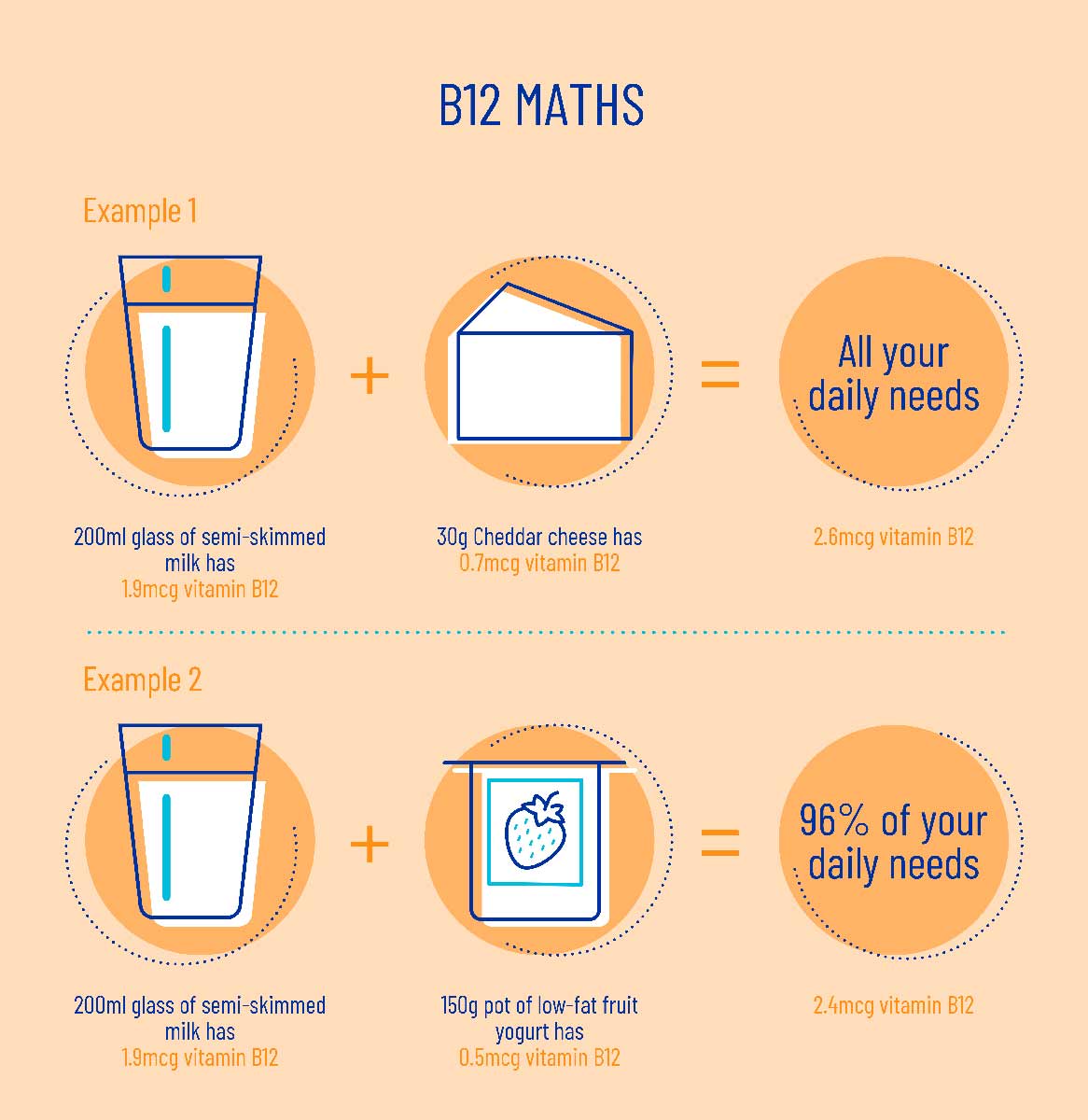
BLOOD PRESSURE FRIENDLY
Many of us know too much salt in our diet means we’re more likely to suffer from high blood pressure, a condition that affects 28% of adults in England and puts us at risk of having a heart attack or stroke. In our mid 60s to 70s, more than half of us have high blood pressure, increasing to two thirds of us who are aged 75 or more.
Reducing salt in our diet can help to keep our blood pressure under control. But there are many nutrients that help to keep our blood pressure normal – one of which is potassium.
Enjoying milk and yogurt every day is an easy choice for topping up levels of this nutrient as both of these dairy products contain potassium:
- 200ml semi-skimmed milk = 16% of daily needs
- 150g pot low-fat fruit yogurt = 15% of daily needs
While high blood pressure is more likely to affect us the older we are, getting enough potassium throughout life is still important – it’s also needed for our muscles and nervous system to function normally. Many teenagers and adults have very low intakes though and so may be at greater risk of suffering with a deficiency.
Last reviewed: 03/2021
Next review due: 03/2023


